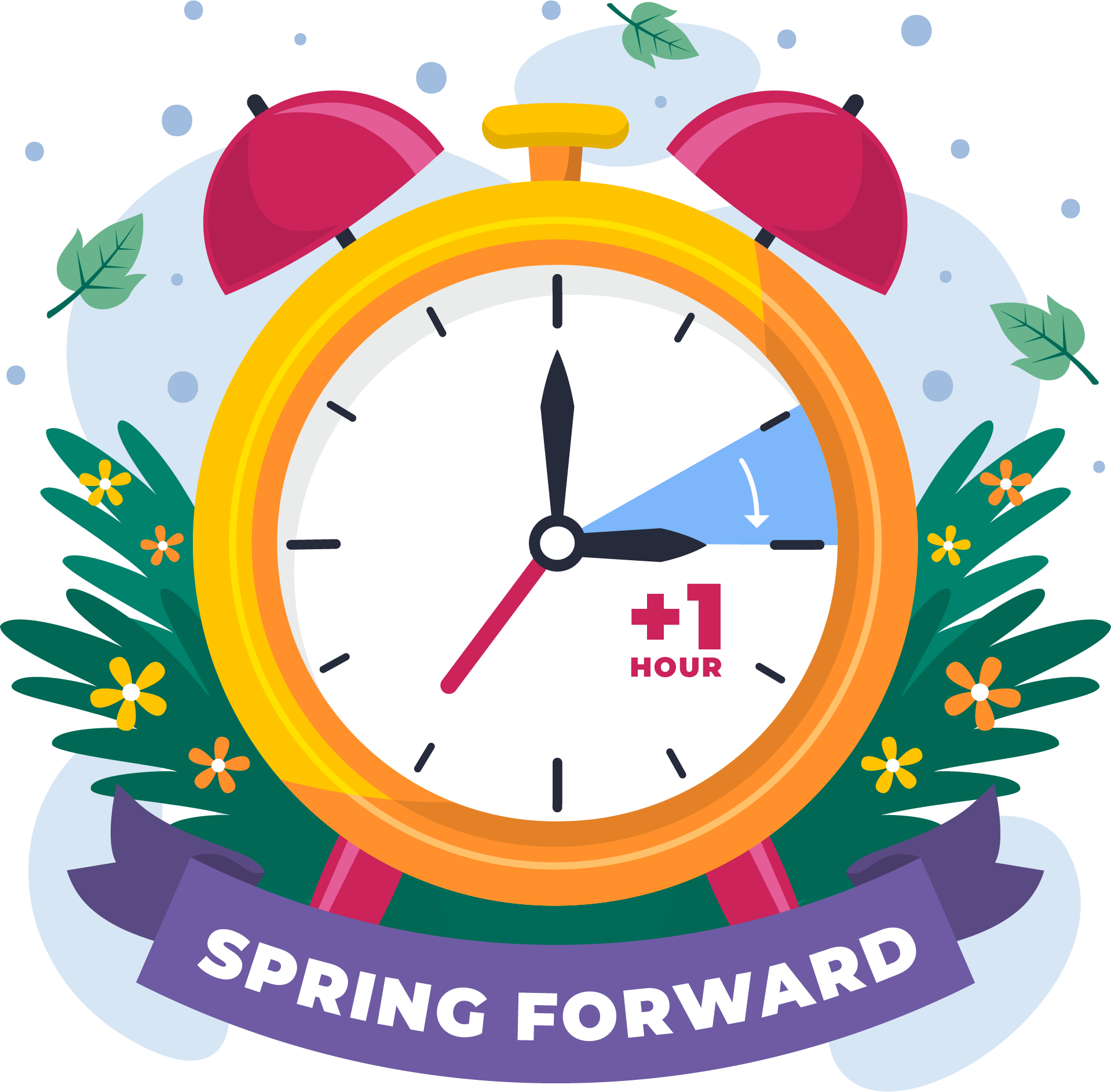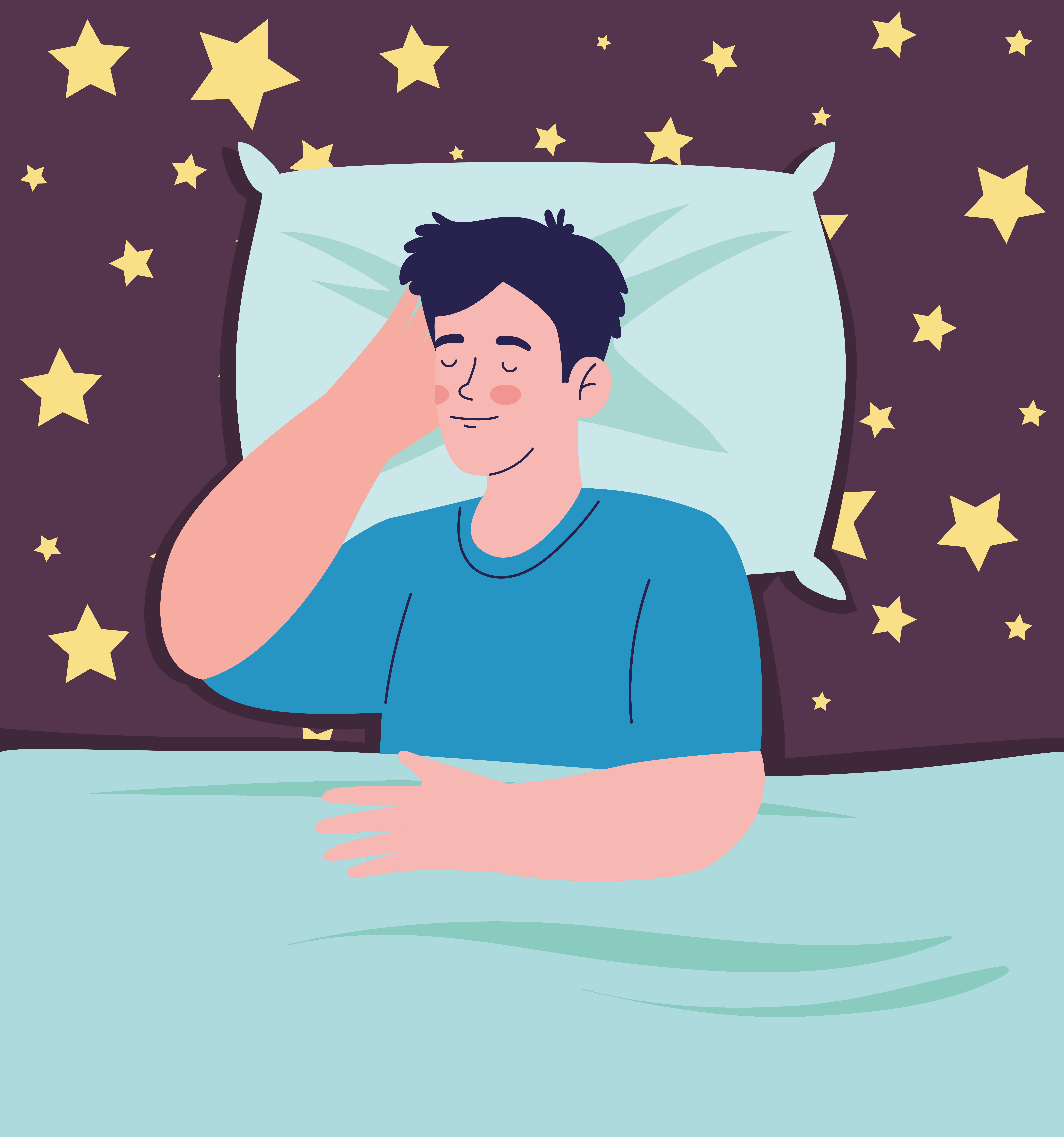
It’s that time of year again……the dreaded end of Daylight Savings Time (DST).
Although yes, we ‘lose’ an hour of sleep this Saturday night (March 10), let’s not spend too much time trying to adjust to the change, but instead try to understand the reasoning for the change.
The idea of aligning out waking hours to daylight hours was first proposed by Bejamin Franklin in 1784. The thought was to conserve candles and heat sources. Daylight savings was first observed in Canada in 1908 (July 1 in Port Arthur, Ontario), which was the first time it was officially adopted worldwide. Other cities soon followed suit. Today Daylight Savings is observed across the country, asides from Yukon Territory, most of Saskatchewan, and some areas in both Quebec and British Columbia. The choice to observe is up to the legislation in each Canadian municipality.
The good news…

Supporters of DST claim it decreases energy consumption, reducing our need for lighting and heating.
Those against DST say there are many adverse effects, such as increased instances of heart attacks and traffic incidents, increased mood disturbances, and increased negative disruption of our circadian rhythms.
Although we can’t change it, we can prepare for Daylight Savings Time.
Here are some recommendations:
The time change is similar to jet lag and will take a couple days for adults to adjust and even longer for children. To prepare, adjust your clocks by ten to fifteen minutes over the four to five days preceding.
Try not to overload your schedule in the days after DST ends to allow for extra rest.
Take short naps of around 20 minutes to catch up on sleep debt.
Prioritize exposure to daylight / natural light.
Maintain overall healthy behaviour, such as:
Watch what you eat and eat healthy.
Stay hydrated.
Avoid over-caffeinating or relying on caffeine to increase your wakefulness.
Exercise daily.
Exposure yourself to natural light during the day.
Maintain relaxation techniques such as meditation.



